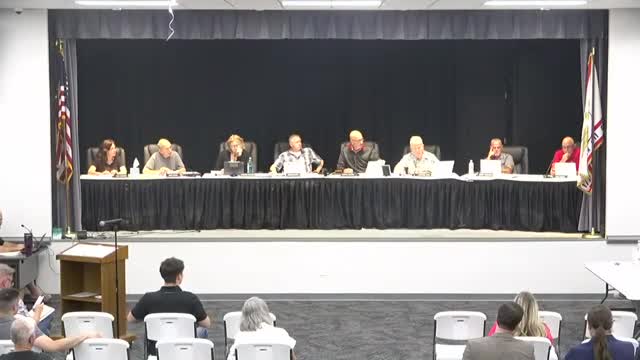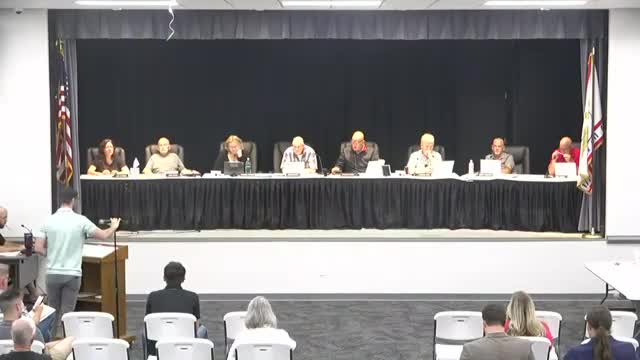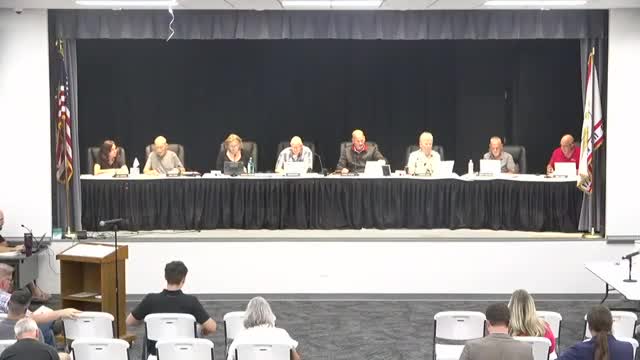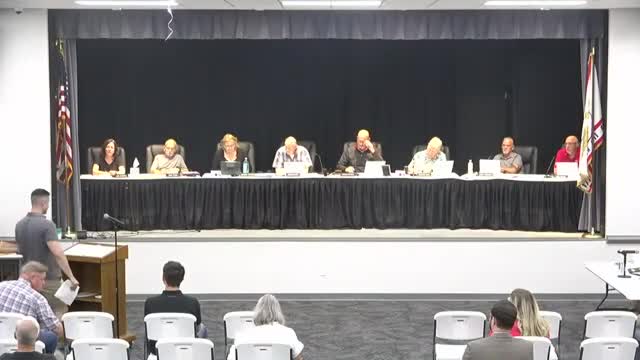Article not found
This article is no longer available. But don't worry—we've gathered other articles that discuss the same topic.

Council to take public comment on Somerset Crossing PUD; plan shows senior living and commercial acreage

Developer seeks 15-year, 100% CRA abatement for downtown West First Street project

Council approves police support specialist position and updates several job descriptions

